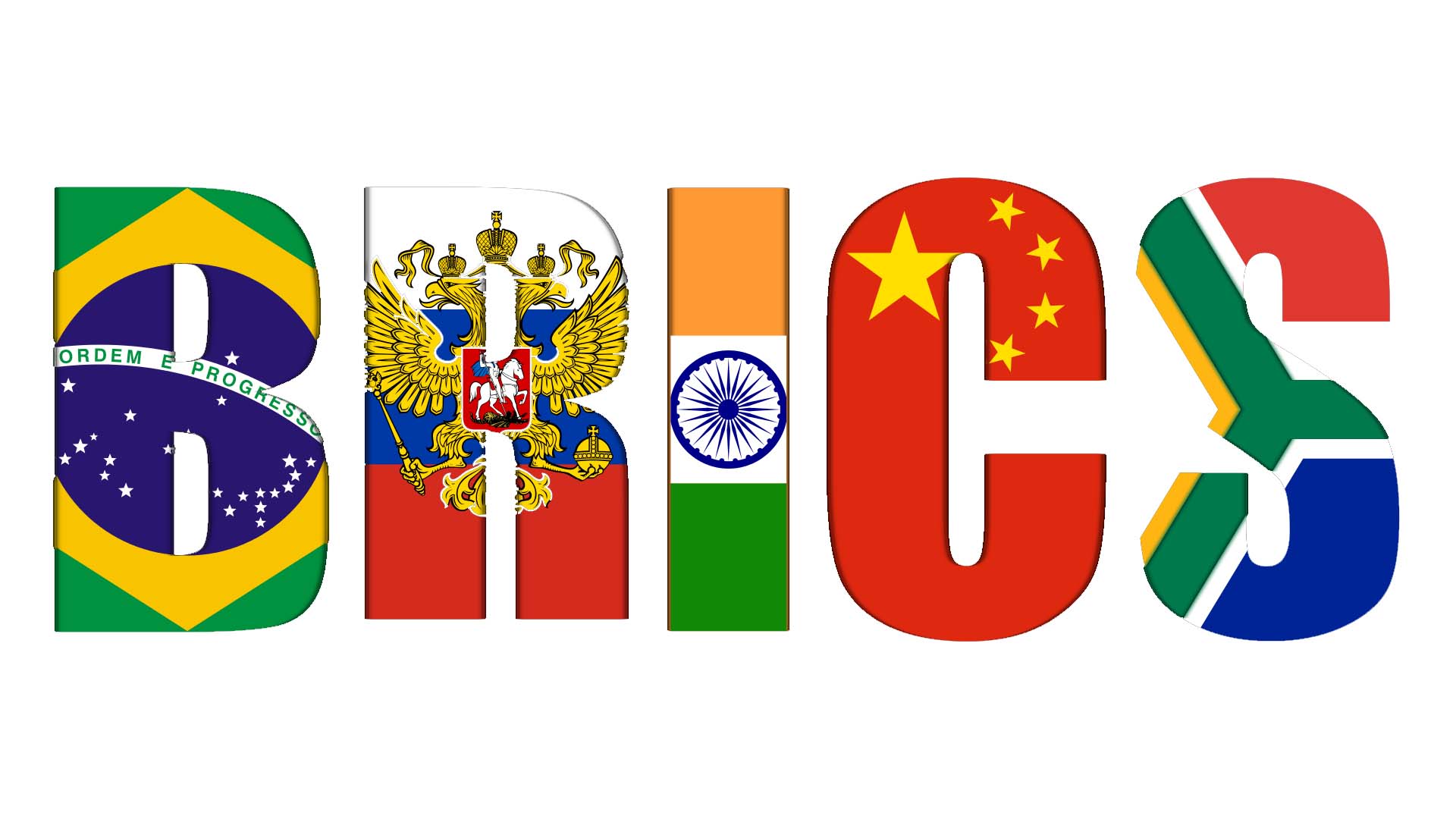Rio Hosts 17th BRICS Summit as Bloc Pushes Global South Agenda Forward
The summit follows a major expansion of the group announced during the 15th BRICS Summit in Johannesburg in August 2023.

- Country:
- South Africa
The city of Rio de Janeiro, Brazil has taken center stage as it hosts the 17th BRICS Summit on 6–7 July 2025, welcoming heads of state, senior government officials, and dignitaries from across the globe. This highly anticipated event marks a significant moment for the BRICS bloc, which now includes nine member states: Brazil, Russia, India, China, South Africa, Egypt, Ethiopia, Iran, and the United Arab Emirates (UAE).
The summit follows a major expansion of the group announced during the 15th BRICS Summit in Johannesburg in August 2023. The inclusion of Egypt, Ethiopia, Iran, and the UAE signaled a bold move toward reshaping the global political and economic landscape, cementing BRICS as a formidable coalition representing the interests of the Global South.
A Powerful Economic Bloc
Collectively, the expanded BRICS membership accounts for approximately:
-
49.5% of the world’s population
-
Nearly 40% of global GDP
-
Around 26% of total world trade
The bloc now serves as a counterweight to traditional Western-dominated institutions and frameworks, offering a platform for emerging economies to amplify their voices in global governance.
Theme and Priorities Under Brazil’s 2025 Chairship
Assuming the BRICS Chairship on 1 January 2025, Brazil is steering the group under the theme: “Strengthening Global South Cooperation for More Inclusive and Sustainable Governance.”
Under this banner, Brazil has prioritized:
-
Deepening Global South Cooperation
-
Enhancing BRICS Partnerships for Social, Economic, and Environmental Development
Key focus areas for the Brazilian Chairship include:
-
Global health collaboration
-
Sustainable trade, investment, and development finance
-
Climate change adaptation and mitigation
-
Artificial Intelligence governance and ethics
-
Reform of global peace and security frameworks
-
Institutional strengthening of the BRICS platform
Security Tightened in Rio
In anticipation of the high-profile event, Brazilian security forces and military personnel were deployed to strategic sites across Rio, including summit venues, international hotels, and cultural landmarks.
On Friday, the city saw an influx of logistics vehicles delivering furnishings and equipment. Delegation vehicles from various countries were also observed moving in and out of secured perimeters, signaling heightened activity in the final hours before the Summit.
Key Delegations and Attendance
Among the notable attendees and participants:
-
President Cyril Ramaphosa of South Africa is scheduled to arrive in Rio on Saturday.
-
President Vladimir Putin of Russia will join proceedings virtually, consistent with recent practice.
-
The UAE delegation will be led by Sheikh Khaled bin Mohamed bin Zayed Al Nahyan, Crown Prince of Abu Dhabi, on behalf of President Sheikh Mohamed bin Zayed Al Nahyan.
Senior leaders from India, China, Egypt, Ethiopia, and Iran are also expected to attend or participate virtually, underscoring the bloc’s rising geopolitical relevance.
BRICS Objectives: Reshaping Global Governance
At its core, BRICS seeks to advance multipolarity and promote equity in global decision-making, particularly for developing and underrepresented countries. Key objectives include:
-
Reforming global institutions like the United Nations (UN), International Monetary Fund (IMF), World Bank, and World Trade Organization (WTO) to improve inclusiveness, legitimacy, and effectiveness
-
Strengthening intra-BRICS cooperation across trade, health, energy, technology, and infrastructure
-
Advancing sustainable development, with a strong emphasis on climate resilience and equitable digital transformation
The bloc also aims to improve representation for African, Asian, and Latin American nations in international institutions, long dominated by Western powers.
Multilateral Reform: A Central Focus
The Summit is expected to intensify calls for restructuring the global financial and security architecture, including proposals for:
-
A more democratic UN Security Council
-
Greater voting power for developing economies in the IMF and World Bank
-
Transparent and equitable rules in international trade and investment
A Platform for Collaboration Beyond Politics
Beyond geopolitics, BRICS serves as a hub for people-to-people cooperation, promoting joint initiatives in education, culture, scientific research, and entrepreneurship. The summit will feature side events focused on:
-
Youth exchanges and innovation
-
Sustainable agriculture and food systems
-
Clean energy transition and carbon neutrality goals
Looking Ahead
The 17th BRICS Summit comes at a critical juncture in global affairs, with economic uncertainty, geopolitical instability, and climate challenges dominating global agendas. As the bloc grows in influence, it is increasingly seen as a champion of inclusive, representative, and sustainable global development.
With Rio as its stage, BRICS 2025 aims to set a new benchmark for Global South leadership and renewed multilateralism rooted in cooperation, equity, and collective prosperity.
ALSO READ
Collaborative Efforts to Safeguard the Himalayas: Arunachal Pradesh's Vision for Sustainable Development
Trump Administration Energizes Artificial Intelligence Expansion
Earth's Energy Imbalance: The Harbinger of Accelerating Climate Change
South Africa's Struggle With Devastating Floods: A Climate Change Wake-Up Call
Human rights can be a ‘strong lever for progress’ in climate change, says UN rights chief








